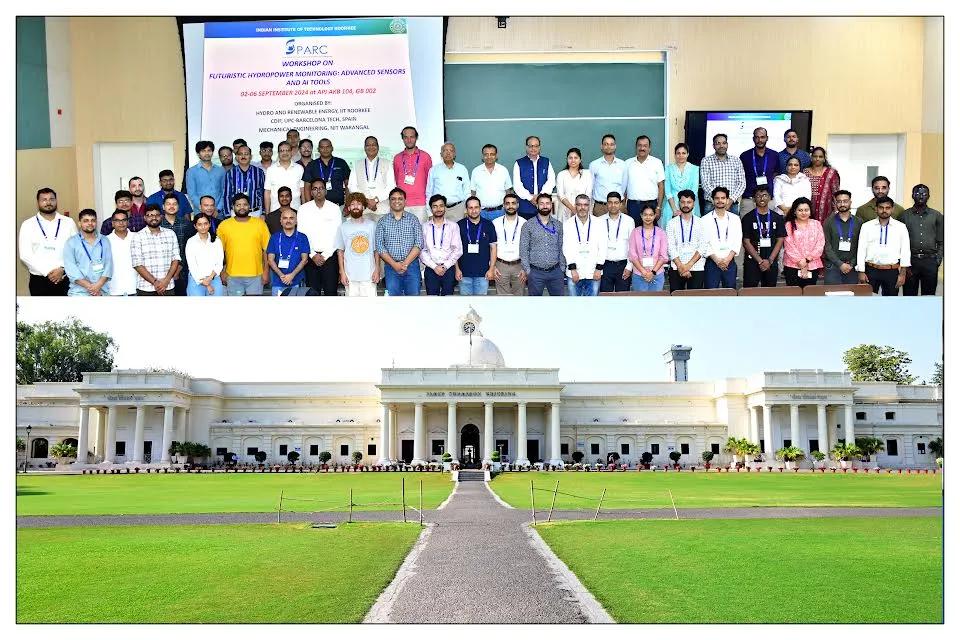New York: Most people who find "joy of missing out" or JOMO also have high levels of social anxiety, according to a study.
The term JOMO has been popularised as a healthy enjoyment of solitude in almost direct opposition to the negative FOMO, the "fear of missing out" people may have when seeing others having fun experiences without them.
In an analysis of two samples of adults, researchers from the Washington State University in the US found that some people were enjoying missing out, not for the solitude or a Zen-like, calming experience of being able to regroup, but more to avoid social interaction.
This might also explain the correlation found between JOMO and social media use, a result that surprised the researchers who expected people who wanted to miss out on social events wouldn't care to check what friends and family were doing.
Lead author Chris Barry, a psychology professor at the varsity, said a possible explanation is that for those with social anxiety, social media may feel like a less intense way to connect than in-person interaction.
In the paper published in Telematics and Informatics Reports, Barry and his team conducted surveys with two different sets of about 500 participants each who were asked a slate of questions around enjoying spending time alone and disconnection, and to assess loneliness, social anxiety, social media use, personality traits and life satisfaction.
The study of the first sample revealed connections among those high in JOMO to social media use and life satisfaction, but social anxiety had the strongest correlation.
With these mixed results, the team designed a second study to see if they could find a group of people high in JOMO but without social anxiety.
They found them, but that group was small, representing about 10 per cent of the participants. While not socially anxious, this high JOMO group still reported some moderate feelings of loneliness. While other research has linked the fear of missing out to low self-esteem and loneliness, these findings indicate that the experience of the joy of missing out is not as clear.
Barry suggested that JOMO might not be a stable state or linked to personality traits but rather a momentary phase of needing to disconnect.
"There are a lot of unanswered questions like 'what's a good dosage of social interaction versus disengagement?' I think that's going to differ for everyone," Barry said.
Previous research has shown that for people with anxiety, continued exposure to the thing they are anxious about can help lessen that stress -- so for those with social anxiety, more interaction, not less, is better.
"The motives matter," Barry said. "Why are people missing out? If it's because they need to recharge, that's maybe a good thing. If they're trying to avoid something, that is probably not healthy in the long run." —IANS

